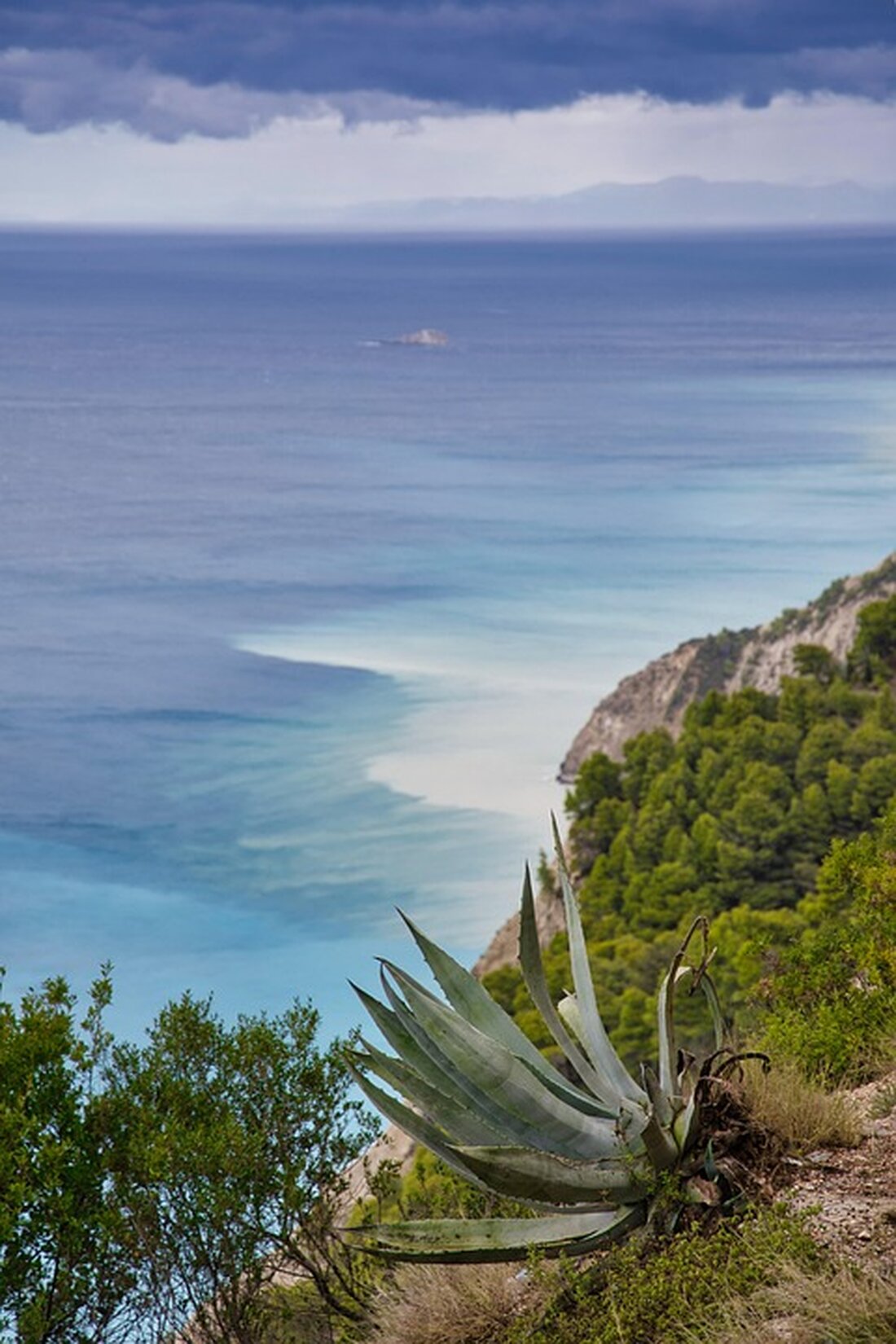Greece shaken: Evia fights against strong earthquake chaos!
Greece is struggling with increased earthquake activity, particularly on Euboea. Holidaymakers and residents are unsettled.

Greece shaken: Evia fights against strong earthquake chaos!
Greece is currently facing a worrying increase in seismic activity, particularly on the island of Euboea. Loud Watson Seismologists recorded several earthquakes with a magnitude of up to 4.7 on the Richter scale within 24 hours. These tremors were even felt in Athens, around 130 kilometers away, which contributed to the uncertainty of the population.
The north of Euboea is particularly affected, where many buildings have cracks or have already suffered major damage. The mayor of Mantoudi reported over 50 buildings damaged. The population is very unsettled and many have started spending nights outdoors for fear of further earthquakes. As a result, schools will remain closed as a precautionary measure until comprehensive structural investigations have been completed.
Additional tremors and tsunami risk
A few days ago, stronger earthquakes of magnitude 6.1 occurred in Crete and Rhodes, further increasing fears. Greek authorities warned the population of the danger of a possible tsunami and advised them to move away from the coast. In Crete, holidaymakers experienced panicked scenes and sought shelter in the neighboring hills. Experts say more earthquakes of magnitude 4 to 5 are likely in the coming days, and seismologist Akis Tselentis believes quakes of up to 5.5 are possible, especially in old buildings.
These current events shed light on seismic activity in Greece, one of the sunniest holiday destinations in Europe and also one of the most seismically active regions in the world. The country records more earthquakes every year than any other European country, even though most are barely noticeable. The basis of these activities are plate tectonic phenomena at the Hellenic subduction zone, where the African plate dips beneath the Eurasian plate, causing earthquakes and volcanic activity, such as on Santorini.
Historical perspective and emergency response
In February 2025, Santorini recorded increased seismic activity, with up to 150 earthquakes per day, leading to the declaration of a state of emergency. By February 5, many residents had left the island, so schools and public facilities were closed. Although most strong earthquakes in Greece are rare, they can have serious consequences. Over the last 150 years, experts have counted tragic events, such as the M 7.0 earthquake off Samos in October 2020, in which two people died.
It is important for travelers to follow the rules of conduct during earthquakes: stay calm, seek shelter and seek refuge in higher regions, especially if there is a risk of tsunami. Despite the frequent earthquakes, many in less affected areas such as Mykonos, Naxos and Tinos feel relatively safe. Nevertheless, concerns about safety in seismically active regions remain high, and a sense of insecurity characterizes the lives of many residents and tourists in Greece.
The population thus lives in a state of nervousness and preparation in order to be prepared for possible future earthquakes. Greek authorities are doing everything they can to ensure safety for everyone, while scientists continually monitor and analyze seismic activity.

 Suche
Suche
 Mein Konto
Mein Konto